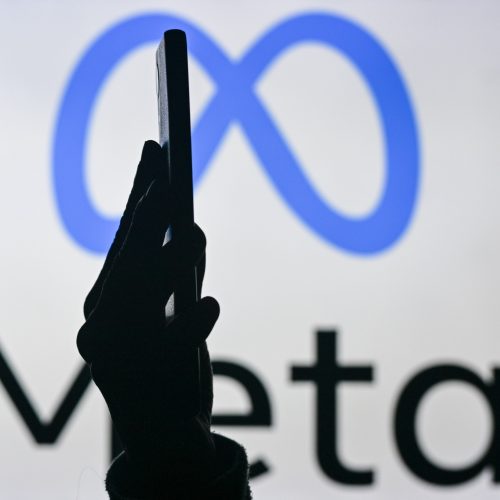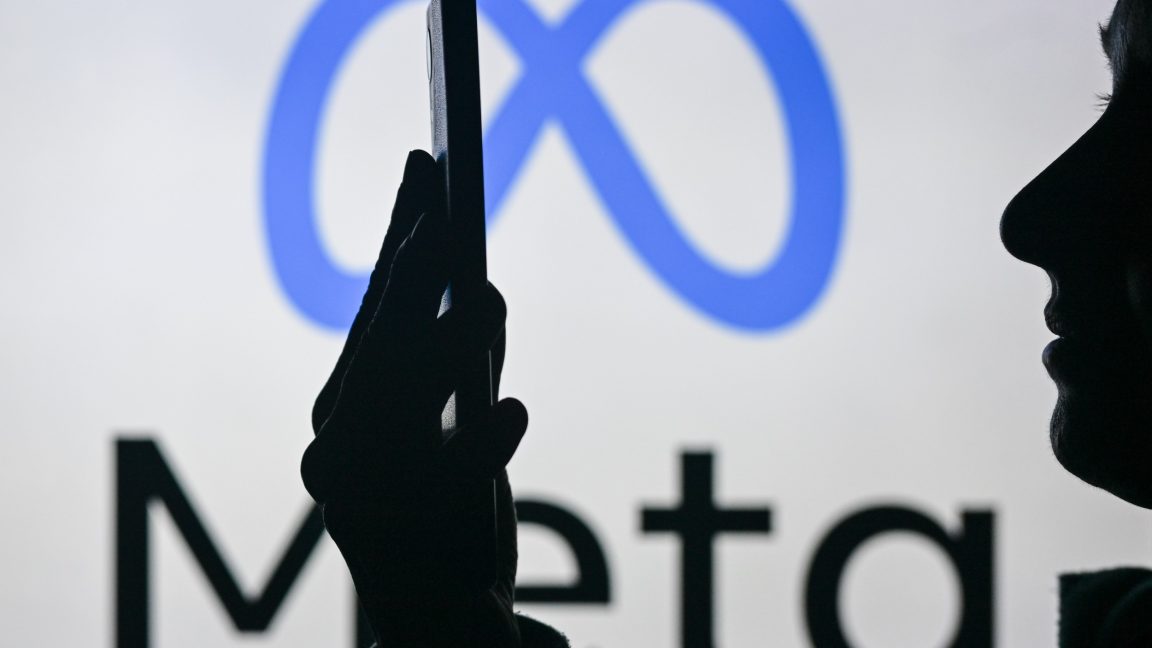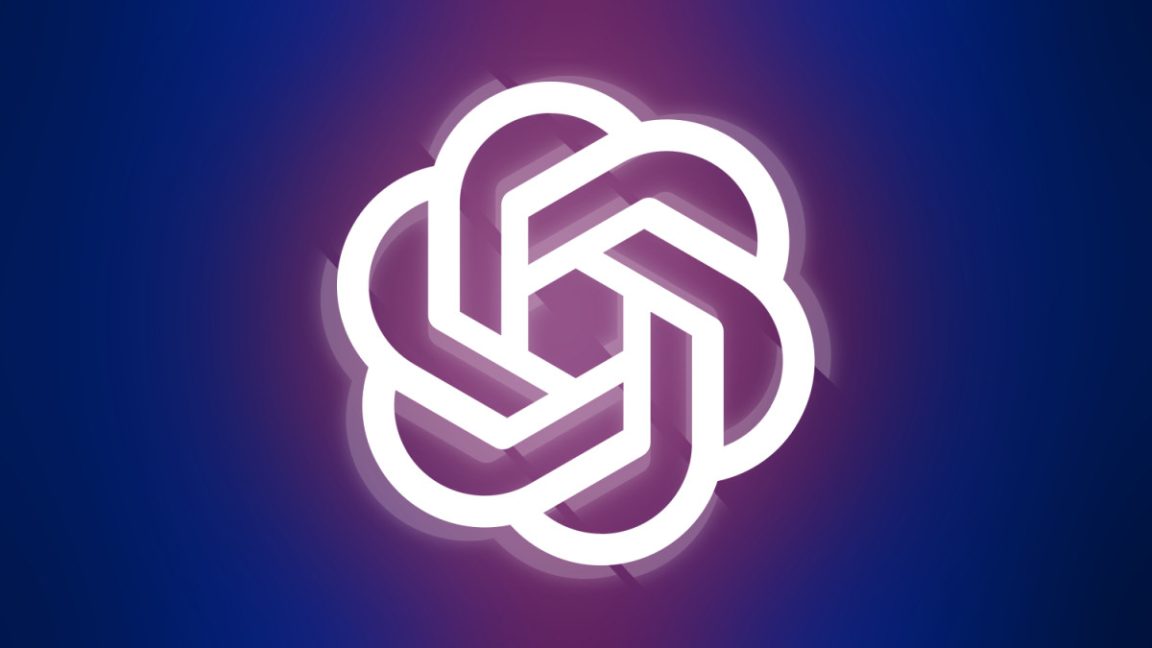OpenAI chairman says training your own AI model is a good way to 'destroy your capital'
IMDB / Warner Bros.
- OpenAI chairman Bret Taylor said that companies trying to train their own LLMs will "burn through millions of dollars."
- "There's ones you can lease, there's open source ones," Taylor said on the Minus One podcast. "Don't do it."
- Taylor said the only companies that could handle the high training costs were OpenAI, Anthropic, Google, and Meta.
There's a scene in "The Dark Knight" where the Joker sets ablaze a massive pile of money. Deciding to develop your own frontier AI model today may be a similar exercise in burning cash — just ask OpenAI chairman Bret Taylor.
Taylor, who has worked for three companies that have trained LLMs, including Google, Facebook, and OpenAI, called training new AI models a "good way to burn through millions of dollars."
On a recent episode of the Minus One podcast, Taylor advised AI founders to build services and use-cases, but not new frontier models entirely.
"Unless you work at OpenAI or Anthropic or Google or Meta, you're probably not building one of those," said Taylor, who also cofounded Sierra AI. "It requires so much capital that it will tend towards consolidation."
That high bar of capital has stopped any "indie data center market" from forming, Taylor said, because it simply costs too much.
Taylor advised that founders work with the AI juggernauts instead — which, it's worth noting, is something that AI giants like OpenAI, where he's chairman, would directly benefit from. OpenAI sells "tokens" to access its API, which developers can build into their applications and programs.
While the American LLM market remains largely consolidated, international players have tested Taylor's theory. In January, DeepSeek released its R1 reasoning model and a corresponding chatbot. DeepSeek used fewer, less advanced chips to build its LLM, minimizing capital costs.
The Chinese AI app shot to No. 1 on the App Store charts, surpassing ChatGPT and igniting a debate in tech and on Wall Street about whether tech giants were overspending on AI model development.
In his podcast interview, Taylor laid out other paths that entrepreneurs could take in the AI market, rather than training a new model. One was the "AI tools market."
"This is the proverbial pickaxes in the gold rush," Taylor said. "It's a dangerous space because I think there's a lot of things that are scratching an itch today that the foundation model providers might do tomorrow."
Entrepreneurs could also try to build what Taylor called an "applied AI company."
"What were SaaS applications in 2010 will be agent companies in 2030, in my opinion," Taylor said.
Building a model from scratch, though, is a sure-fire way to "destroy your capital," Taylor said. He called handmade models "fast-depreciating assets," and not cheap ones either, costing the builder millions of dollars.
"There's ones you can lease, there's open source ones," Taylor said. "Don't do it."







